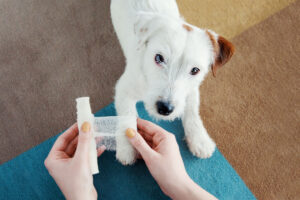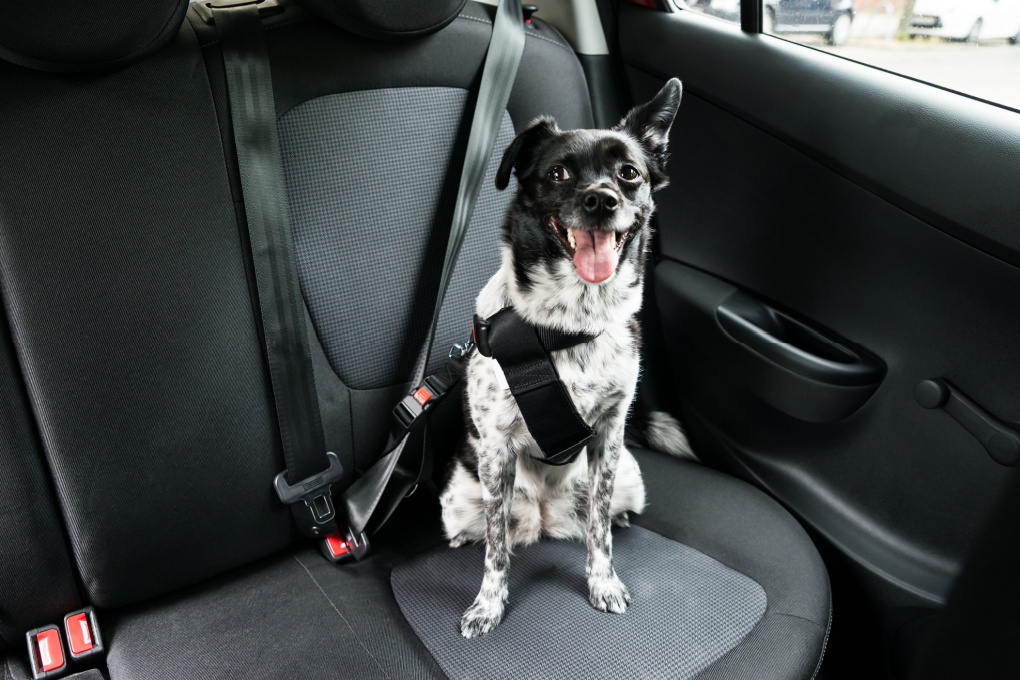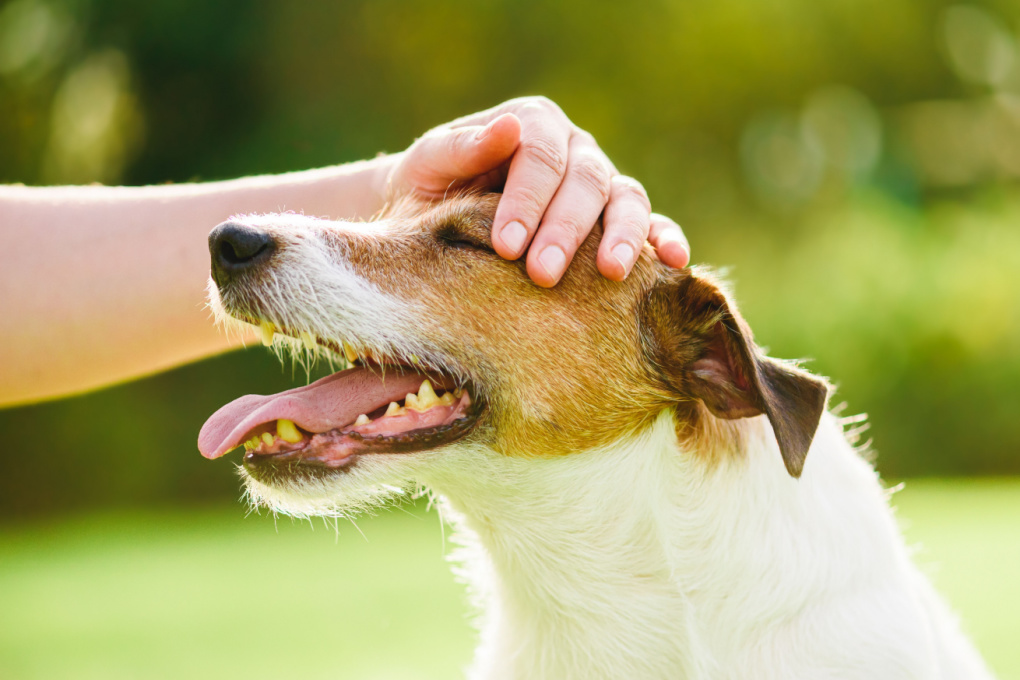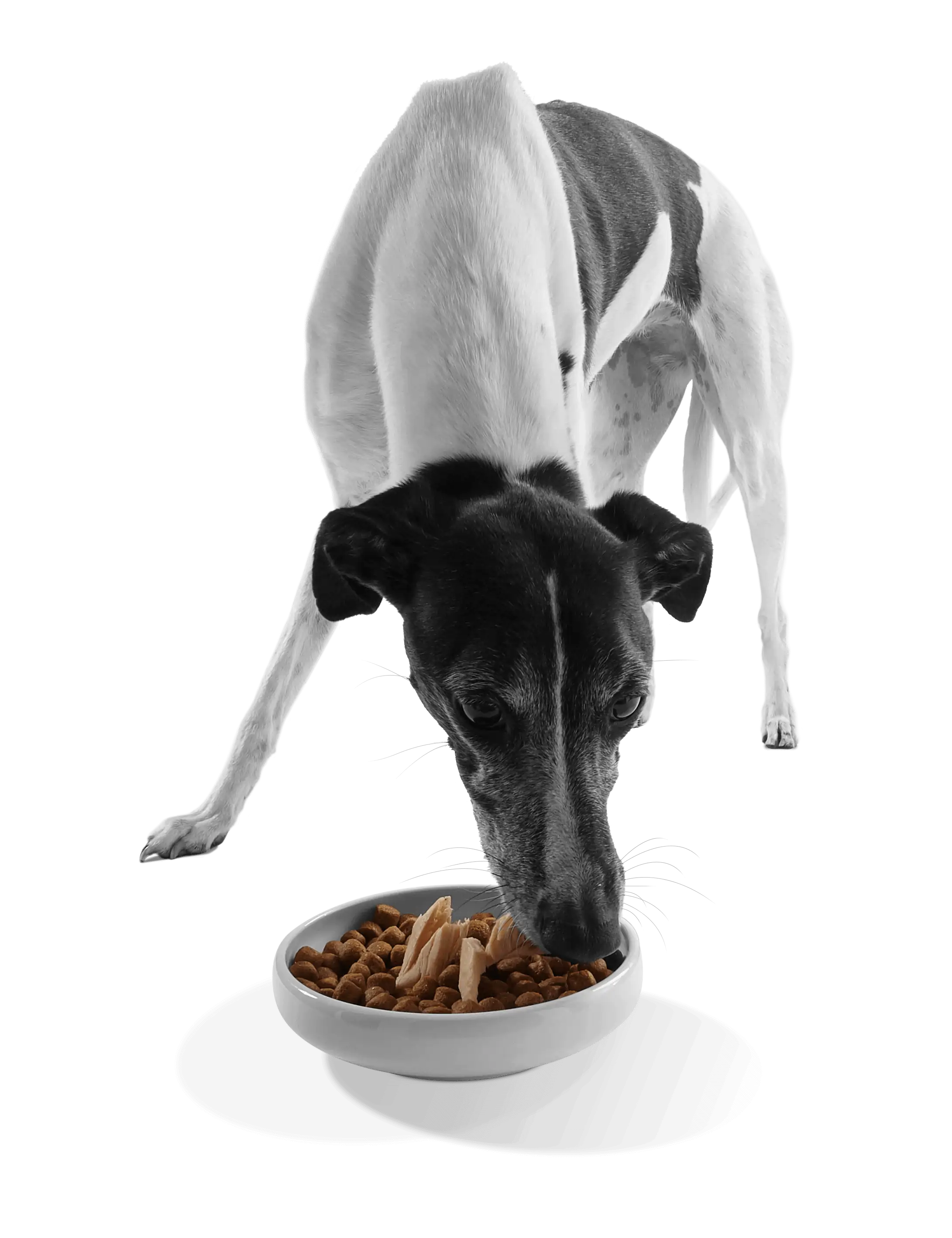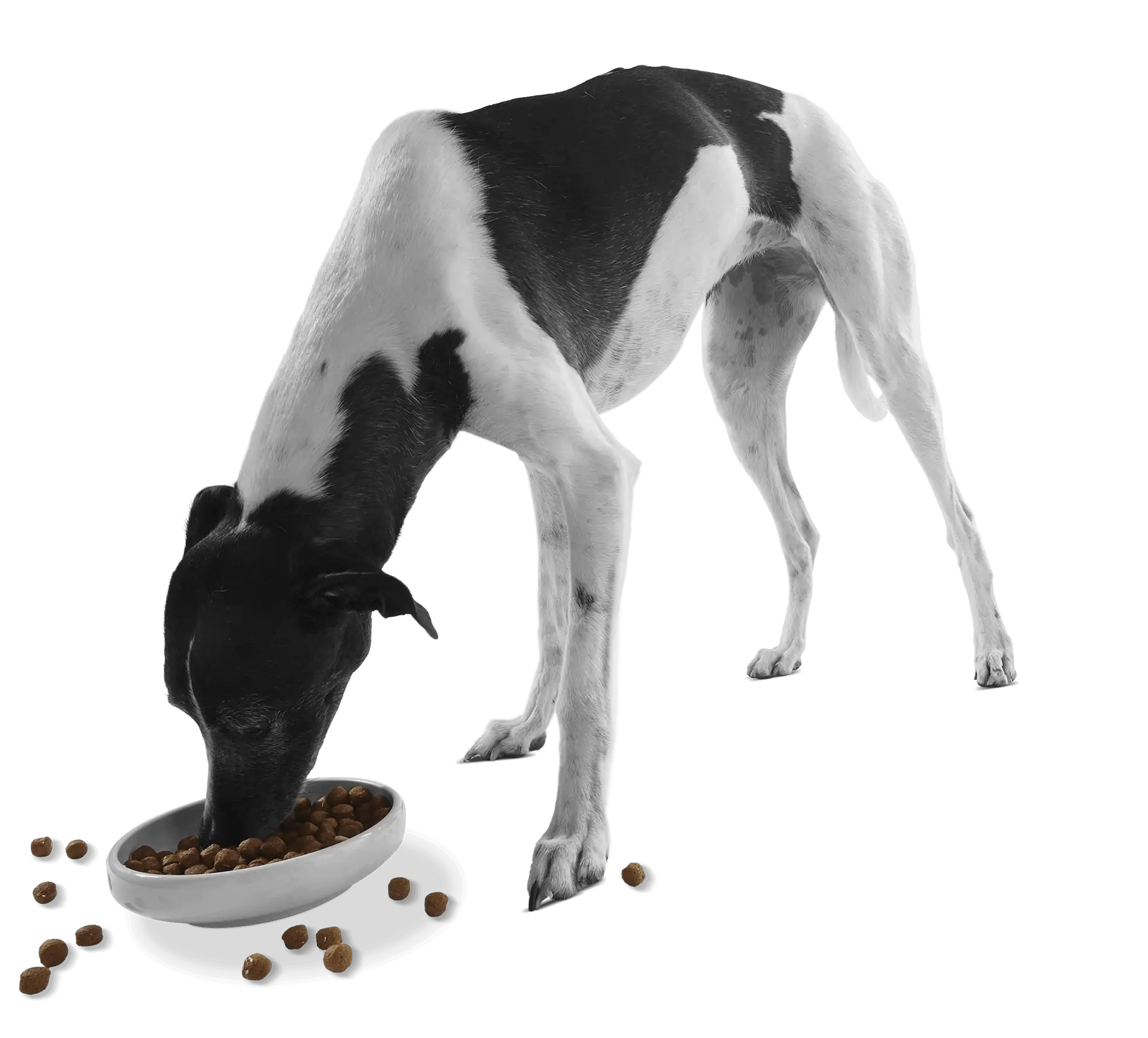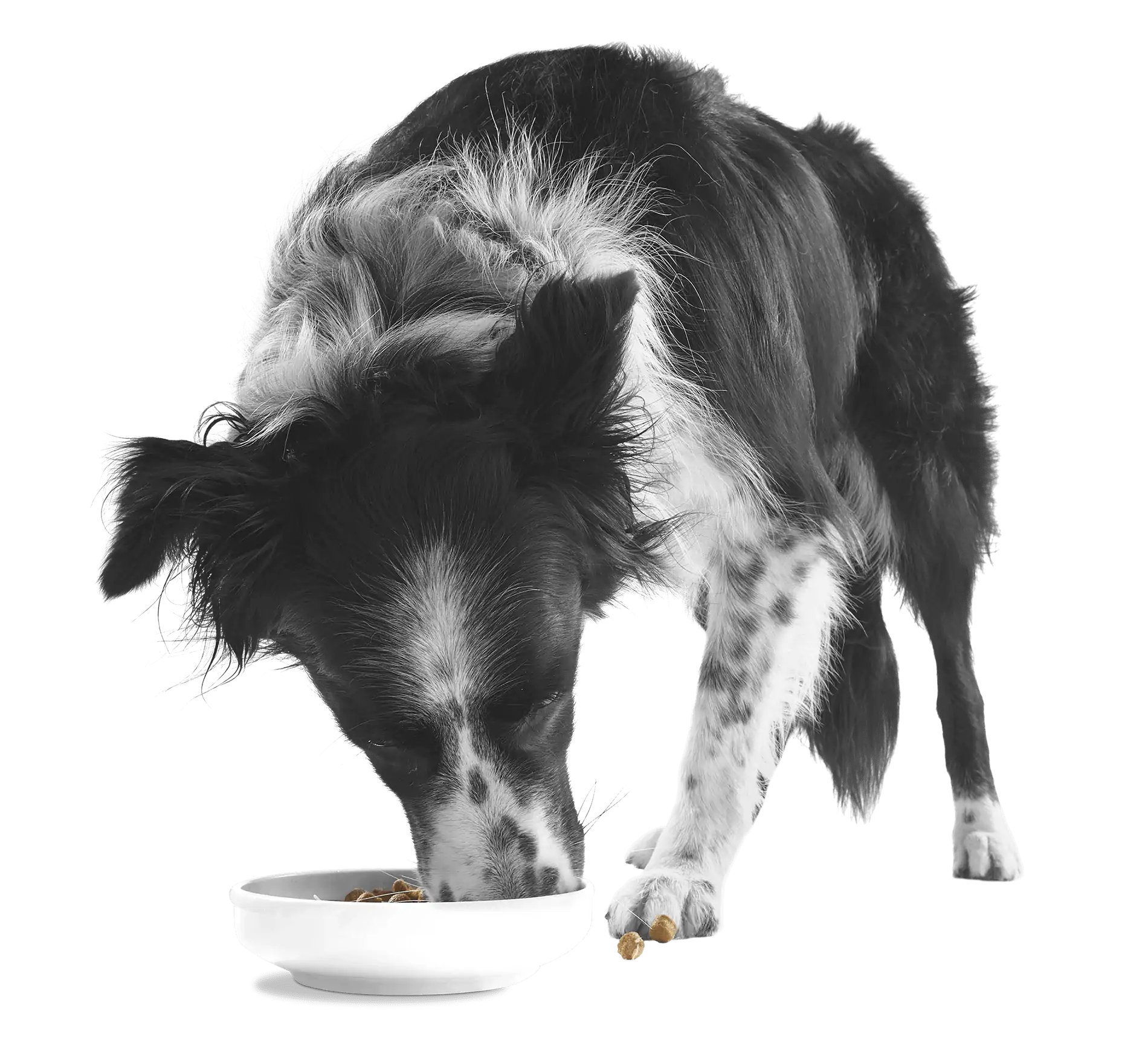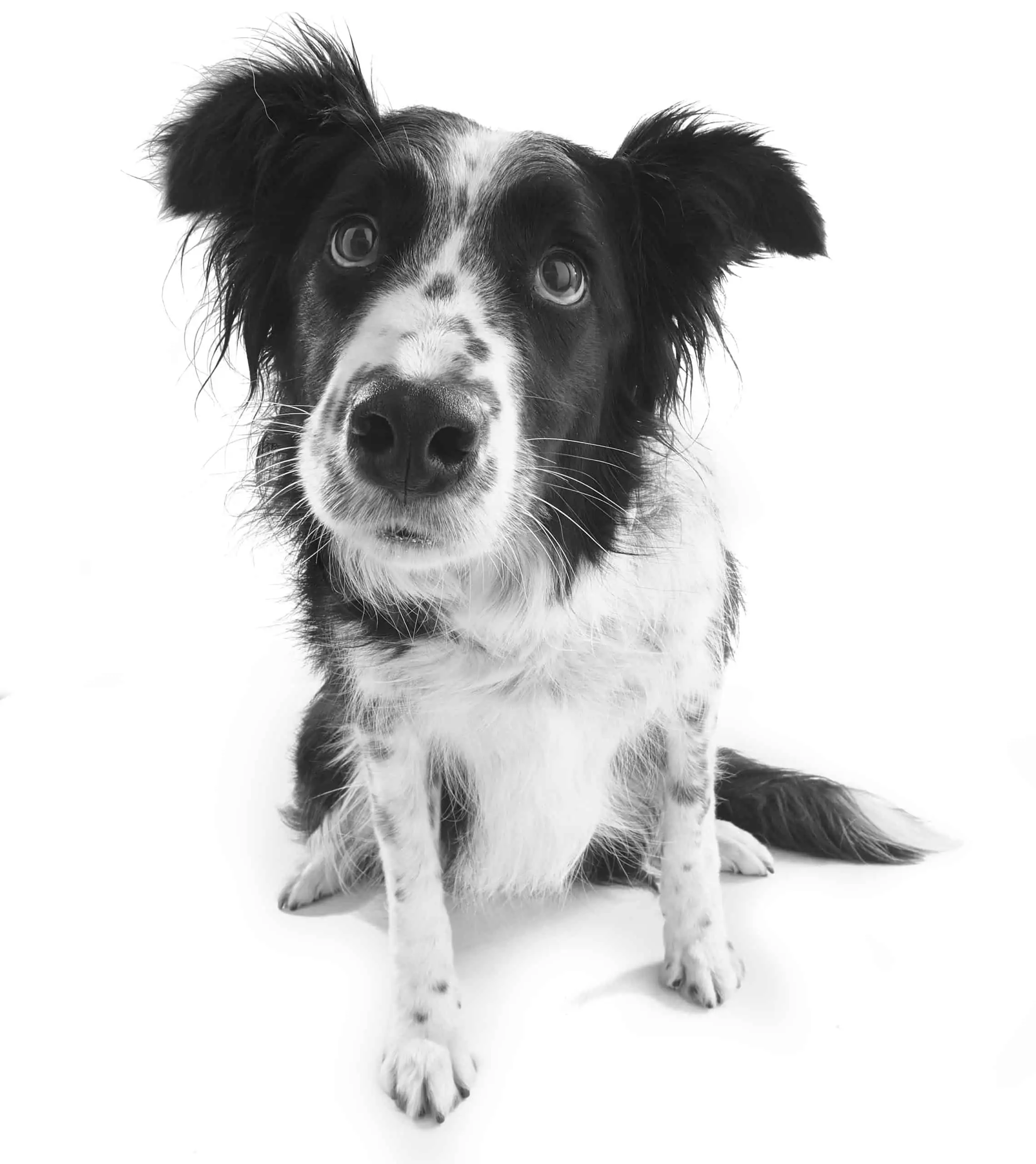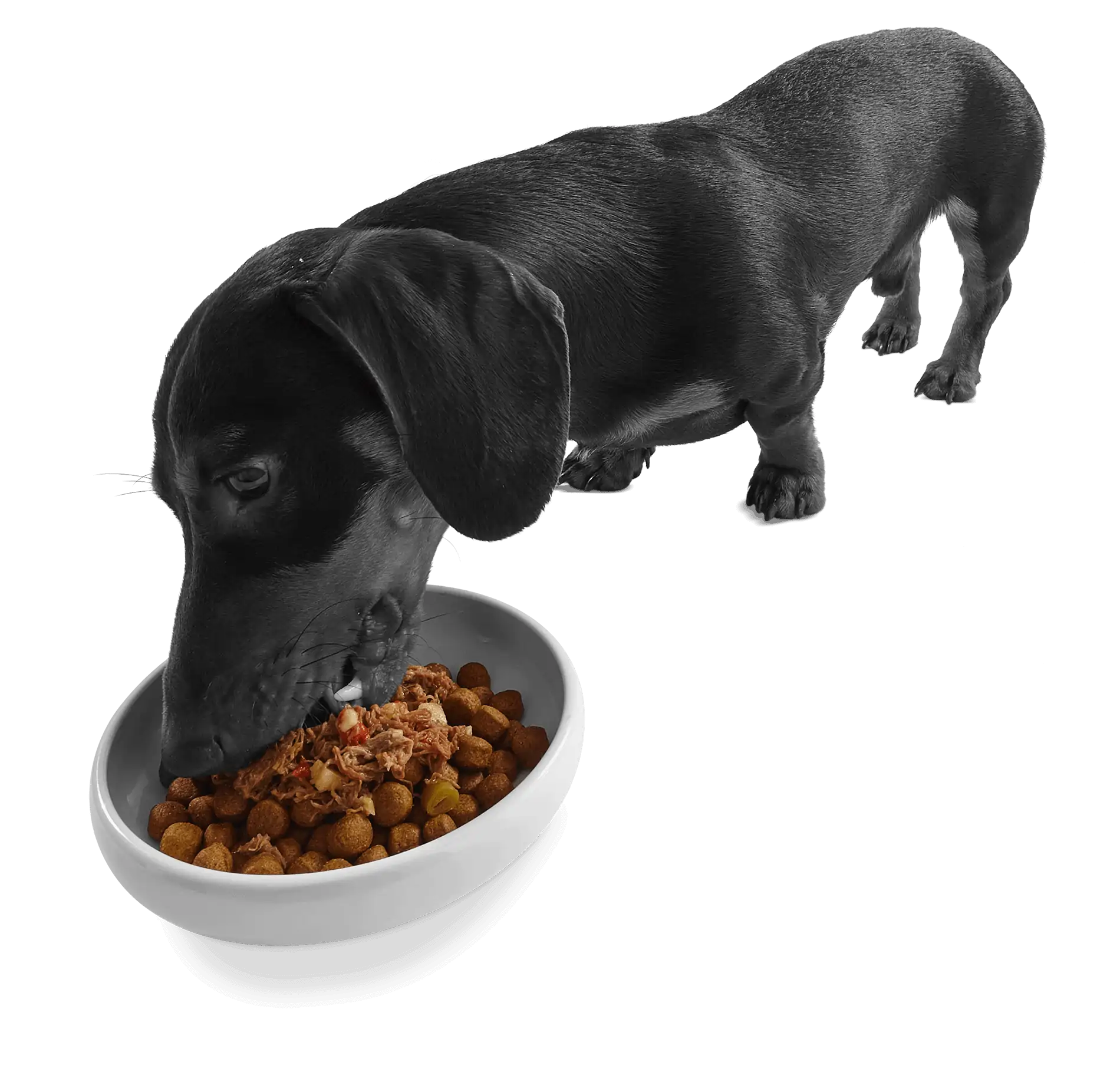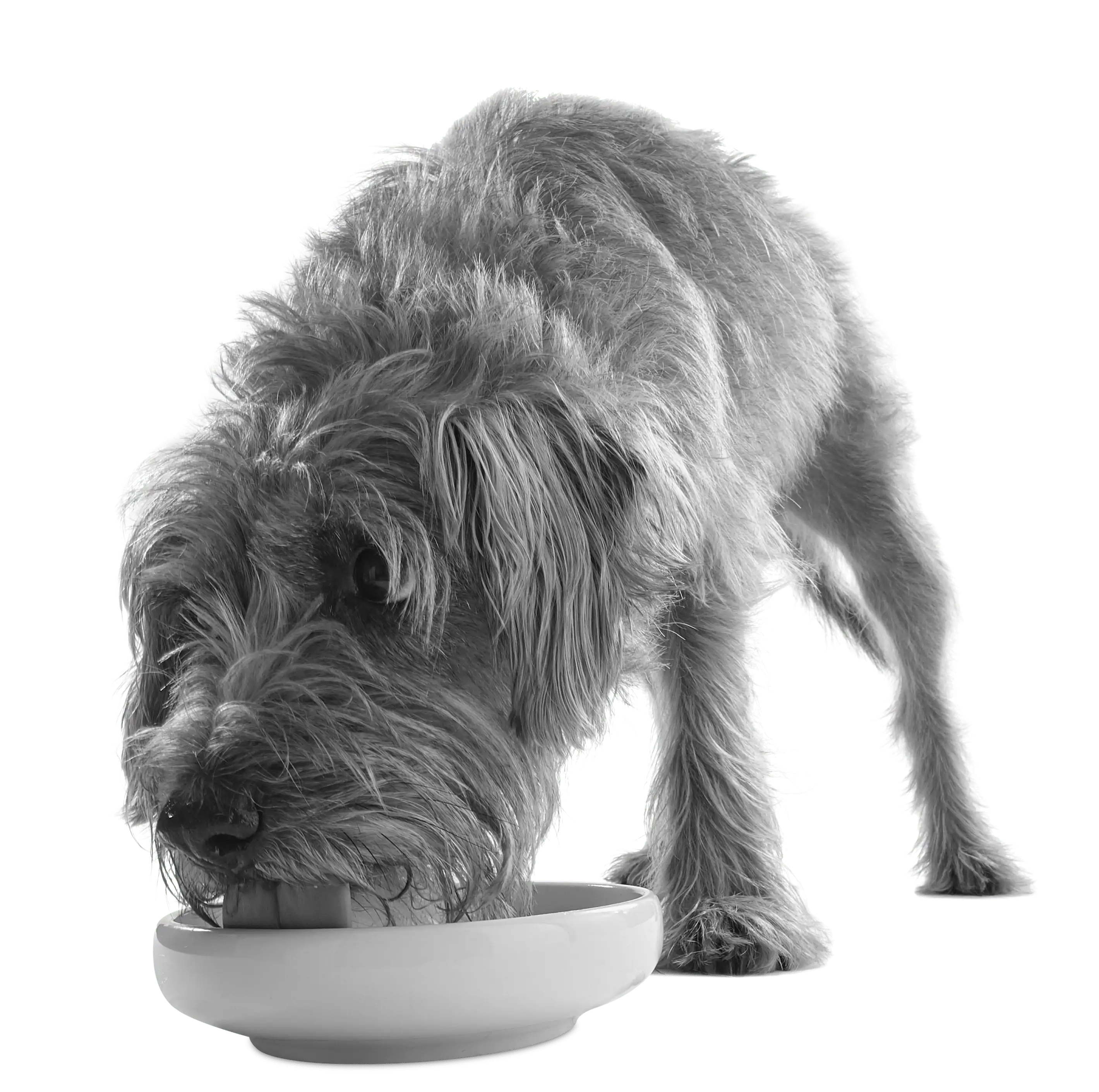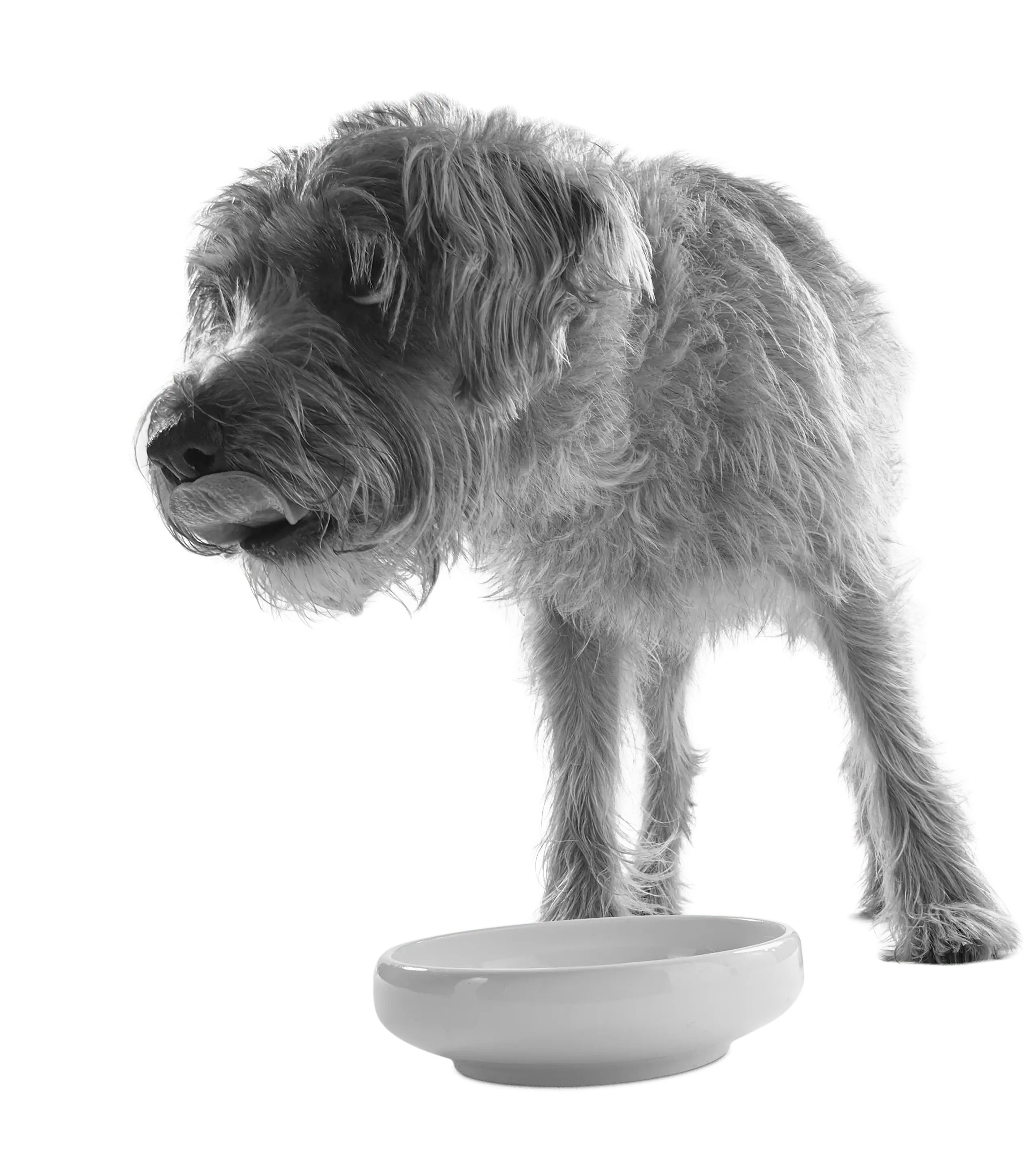Our bounding barkers might behave as though they’re unassailable – whether they’ve had an episode of the “zoomies” around the house or they’re racing uncontrollably around at the park.
But, in reality, their often unbridled, over-exuberant and hyperactive mannerisms make them more prone to injuries and illnesses: from cuts, grazes and bruises to bites, bleeds, and broken bones.
Sometimes a quick dust down, TLC and basic first aid from their pet parent is just the ticket. In other cases, you’ll need to seek medical help.
Giving first aid or heading straight to the vets – when to know what to do
Occurrences requiring urgent veterinary attention
Issue: Motor vehicle accident
Reason: Possible internal bleeding and broken bones
Issue: Collision or fall
Reason: Potential head trauma, bone fractures, dislocations, internal bleeding or organ trauma
Issue: A dog/animal fight or attack
Reason: Serious injuries such as skin lacerations/punctures, soft tissue wounds, muscle tears, bone damage, neurological damage, internal injuries, and possible infection
Issue: Accidental or deliberate eye injury
Reason: Abrasions, redness, bulging and swelling can be caused by dogfights, debris, or sharp/piercing objects such as bushes/branches and can grow in severity if left untreated
Issue: Burns caused by fire or chemicals
Reason: Severe burns can cause extreme pain, damage the skin, cause panic/weakness, lead to difficulty breathing and inflict scarring
Issue: Oral issues/injury
Reason: Chewing on bones, sticks and other non perishable items can cause injuries to the teeth and gums, while objects can also become lodged in the jaw, which would likely require surgery
Issue: Electric shock
Reason: Burns, organ damage and death are all possible consequences, so your pet will need checking over immediately to rule out any internal, underlying health issues
Occurrences that can be treated at home
Issue: Bruises/bleeding from rough play
Reason: Your pups can be nursed from the comfort of their own home if they’ve suffered a minor scrape
Issue: Seizures
Reason: Our delicate doggies will have no recollection of their fit, so pet parents should ensure that their patients are made as comfortable as possible in the aftermath. The RSPCA recommends contacting a vet, and to keep the area clear of any objects that could cause injury.
Issue: Mild allergic reactions
Reason: Of course, seek advice from your vet, but your puppy will likely just need medication such as antihistamines and other anti-inflammatories to keep them comfortable and prevent their reaction from worsening
Issue: Mild hypothermia or a noticeable drop in body temperature
Reason: Your precious pup will require immediate, on the spot attention in these instances, by drying them off with a towel, wrapping in a blanket and slowly increasing the temperature in their environment in an attempt to re-regulate their body heat
Here’s what your dog’s first aid kit needs to contain
- Bandages: A prerequisite in any first aid kit worth its salt. It can be a self adhesive bandage wrap, a crepe bandage or a conforming/open-weave bandage.
- Surgical sticky tape: The glue, or tape, that holds everything together. Medical adhesive tape attaches bandages and other dressings to the skin around the wound.
- Absorbent dressings: These can help cover and protect open wounds, limiting blood loss and preventing infection, until a vet is able to see to your furry best friend.
- Cotton wool: Can provide an extra layer of protection when bandaging a wound, can be utilised to compress bleeding wounds, and is also a soft, absorbent sponge when cleaning wounds.
- Scissors: Preferably a curved, blunt-ended utensil, which is an essential tool in any first aid kit. These scissors can be used to cut bandages, tubing or gauze to fit wounds.
- Blanket: A thick blanket or towel can have a multitude of purposes. It can be used to keep your pet dry/warm in wet/cold temperatures if attending to them outdoors and it can also double-up as a stretcher.
- Vinyl gloves: These are for pet parents, used to reduce the risk of infection and cross-contamination.
Better safe than sorry
You just never know when your canine might inadvertently get themselves into some kind of mischief.
That’s why it’s always worth your while, as a pet parent, to have a first aid kit at your disposal, just in case the worst happens.
We want nothing but the best for our pups and this DIY medical toolkit could one day be the difference between life and death for your dog.




